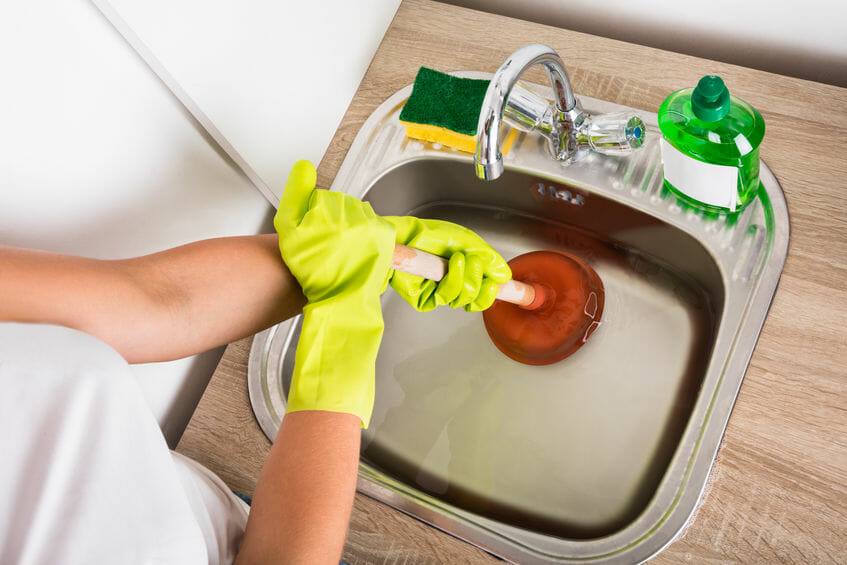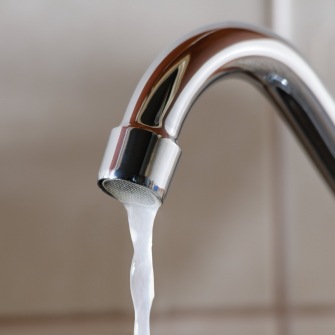Learning Pipe Winterization: Five Key Hacks to Use in Frigid Temperatures
Learning Pipe Winterization: Five Key Hacks to Use in Frigid Temperatures
Blog Article
Listed here down the page you can locate more exceptional guidance in regards to How to Prevent Frozen Pipes.

All property owners who live in pleasant climates must do their ideal to winterize their pipes. It is something you should do during fall before deep winter months absolutely begins. Failing to do so can lead to catastrophe like icy, split, or ruptured pipes. If the weather condition exterior is terrible, right here are some convenient winterizing hacks to maintain your plumbing system protected even.
Activate the Faucets
When the temperature level declines and also it seems as if the cold temperature will last, it will certainly aid to switch on your water both inside your home as well as outdoors. This will maintain the water streaming through your plumbing systems. In addition, the activity will reduce the cold procedure. Significantly, there's no demand to transform it on full blast. You'll wind up squandering gallons of water in this manner. Instead, go for regarding 5 declines per minute.
Open Up Closet Doors Hiding Plumbing
When it's chilly outside, it would certainly be helpful to open up closet doors that are masking your pipelines. Doing this tiny method can keep your pipes warm and limit the potentially dangerous outcomes of freezing temperature levels.
Take Some Time to Wrap Exposed Pipes
One awesome as well as very easy hack to heat up icy pipelines is to cover them with cozy towels. You can cover them first with towels. After securing them in place, you can put boiling water on the towels. Do it gradually to allow the towels soak up the fluid. You can likewise utilize pre-soaked towels in hot water, just don't fail to remember to use safety handwear covers to guard your hands from the heat.
Attempt a Hair Clothes Dryer or Heat Gun
When your pipes are almost freezing, your dependable hair dryer or warmth gun is a godsend. If the warm towels do not assist dislodge any type of clearing up ice in your pipelines, bowling warm air directly right into them may assist. You may finish up damaging your pipelines while trying to thaw the ice.
Shut Off Water When Pipelines are Frozen
If you discover that your pipes are totally icy or almost nearing that stage, transform off the main water shutoff quickly. You will generally find this in your cellar or utility room near the heating unit or the front wall closest to the street. Transform it off right away to avoid more damages.
Do not neglect to shut external water sources, too, such as your hookup for the garden residence. Doing this will certainly prevent additional water from filling up your plumbing system. With even more water, more ice will stack up, which will eventually lead to break pipes. If you are unsure regarding the state of your pipes this winter months, it is best to call an expert plumber for an evaluation. Taking this aggressive approach can conserve you countless bucks in repairs.
All homeowners who live in pleasant environments should do their ideal to winterize their pipes. Failure to do so can spell disaster like frozen, cracked, or ruptured pipelines. If the warm towels do not assist dislodge any settling ice in your pipelines, bowling warm air straight right into them might assist. Turn off the major water shutoff quickly if you observe that your pipelines are totally frozen or virtually nearing that stage. With more water, more ice will certainly load up, which will at some point lead to break pipes.
PREVENT YOUR PIPES FROM FREEZING THIS WINTER
A Leading Cause of Property Damage
When the weather is taking a deep nose dive into the cold dreary days, the risk of your pipes freezing and potentially bursting skyrockets. Unfortunately, during these cold dreary months, burst pipes are the most common denominator for property damage. The pipes that are most at the risk are those that are in areas where it is most cold in your home. For instance, pipes located in interior places such as basements, attics, and your garage. Unfortunately, that doesn’t mean that the pipes running through your cabinets or exterior walls can’t freeze. Good news, however, is that you can do things to help prevent pipes from freezing.
How to Prevent Pipes From Freezing
Once the temperature starts to drop during the winter, you should be taking the proper measures needed to ensure that your pipes stay warm and that there is circulation of water through them. Some steps that experts may recommend could go against your better judgement when it comes to saving water and heat. However, it would go without saying that when expenses are compared, damaged pipes could put a bigger dent in your wallet than a water bill.
What Can I Do?
Keep your garage door closed. This is very important, especially if you have water supply lines running through your garage. Open your kitchen and bathroom cabinets to allow warm air to circulate through them. Allow air circulation throughout your home. Keeping the interior doors open will once again allow the warm air to circulate inside your home. Ensure your thermostat is running the same temperature throughout the night and day. If you plan to be away from home during the cold months, set your temperature no lower than 55° F. This should provide enough heat to keep the pipes warm and prevent any remaining water inside the pipes from freezing. For more of a long-term solution, add insulation to attics, basement, and other crawl spaces around your home. By allowing your faucet to drip, it will alleviate pressure in the system. This is important because the pressure that is created between the blockage and the faucet can potentially cause the pipes to burst. Allowing the faucet to drip will prevent the pressure from building up, therefore keeping the pipes from bursting. Seal any cracks, openings, and crawl spaces around your home to prevent cold air from coming inside. This keeps your pipes-not to mention your home-warmer and less susceptible to issues caused by freezing temperatures. For the pipes in your home that are easily accessible, applying electrical tape to them might prevent them from freezing over. This is a quick fix, as you can apply the tape directly to the pipe. There are two options for heating tapes. One turns on and off by itself when it senses heat is needed. The other type of heating tape needs to be applied when heat is needed and removed when not necessary. If you have exposed pipes in your home, you can check this website to take a look at a few options that would be available at a shop near you.

As a fervent person who reads about Winterizing Your Pipes, I think sharing that excerpt was valuable. So long as you liked our article kindly remember to share it. We truly appreciate reading our article about How to stop pipes from freezing during the winter.
Source Report this page